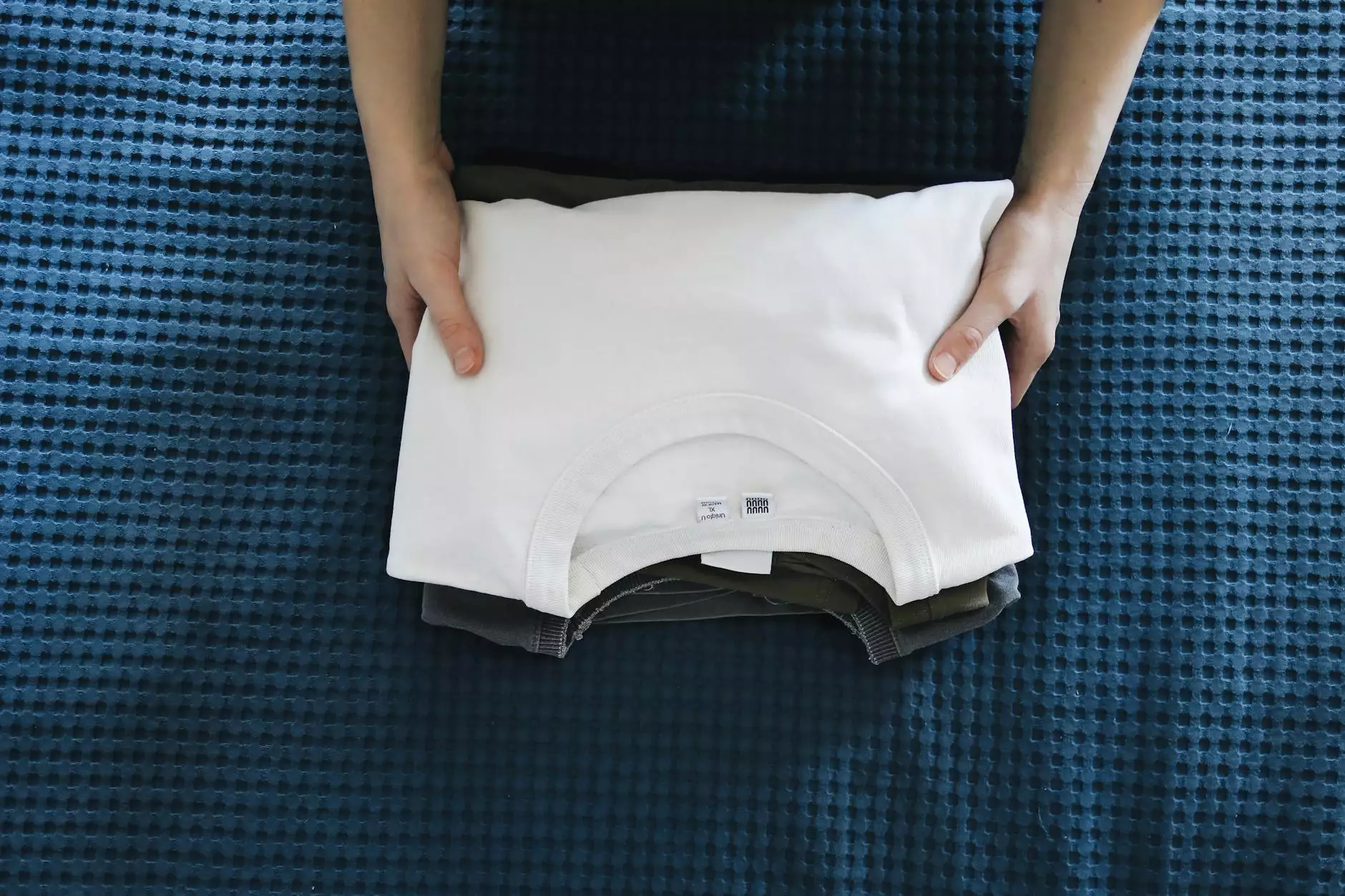Comprehensive Guide to Fake Documents and How to Obtain Fake Passports Online

In today's interconnected world, the demand for fake documents has grown significantly, driven by various needs ranging from travel flexibility to business opportunities. Among the most sought-after items are fake passports online, which offer anonymity and convenience for different purposes. This comprehensive guide aims to shed light on the complex landscape of counterfeit documents, focusing on what consumers should know about acquiring fake passports and other fake docs, their legality, technological aspects, safety concerns, and ethical considerations.
The Evolution and Importance of Fake Documents in Modern Business
Historically, fake documents have existed as tools for deception, fraud, or covert operations. Today, their role has diversified, with legitimate sectors sometimes relying on high-quality counterfeit materials for security testing, research, or clandestine investigations. For illicit markets, these documents serve as critical commodities, enabling individuals to bypass borders, secure false identities, or perform illegal activities without detection.
In the realm of genuine business, understanding the mechanics and risks of counterfeit documents is key for law enforcement, cybersecurity experts, and even entrepreneurs dealing with document verification services. The evolution of manufacturing quality, printing technology, and digital manipulation techniques has enhanced the realism of fake docs, making them harder to detect.
What Are Fake Passports and Why Do People Search for Them Online?
A fake passport is a counterfeit version of a genuine travel document that mimics official government-issued passports. Individuals seek fake passports online for multiple reasons:
- Travel Freedom: To bypass visa restrictions or travel bans.
- Identity Concealment: For discreet activities or privacy protection.
- Illegal Activities: For engaging in smuggling, trafficking, or unauthorized border crossings.
- Business Deception: For fraudulent transactions or corporate espionage.
While some users legitimately seek fake passports for lawful reasons such as entertainment, film productions, or private events, a significant portion involve illegal pursuits. The search for such fake docs online has surged with the increase in digital marketplaces offering these items in various qualities and price ranges.
The Manufacturing of Fake Passports: How Are They Made?
The creation of fake passports involves complex processes that imitate the intricate security features of authentic documents. Modern counterfeiters employ:
- High-Resolution Printing: Using advanced printers capable of mimicking microtexts, holograms, and watermarks.
- Material Replication: Utilizing similar paper and plastic substrates used in official passports.
- Security Feature Simulation: Incorporating fake holograms, embedded chips, and UV-reactive elements.
- Data Fabrication: Populating the document with false but professionally crafted personal details, photographs, and biometric data.
Crucially, these operations are highly secretive and often rooted in clandestine workshops located in regions with lax enforcement of document security laws. The result is a counterfeit passport that can easily deceive untrained eyes, especially when purchased from reputable online sources specializing in fake docs.
Where to Find Fake Passports Online – An Overview
The internet hosts numerous platforms claiming to offer fake passports online. These range from small, discreet forums to extensive dark web marketplaces. Reliable sources may promise:
- High-quality fake passports matching security standards
- Fast delivery and discreet packaging
- Assured anonymity with encrypted communication
- Customization options to alter personal details
Most of these sources operate through encrypted channels, often demanding cryptocurrency payments for immunity from detection. While some vendors might deliver a convincing counterfeit, it is critical to recognize the significant risks associated with purchasing and using illegal documents.
Legal and Ethical Considerations of Fake Passports Online
Engaging in the procurement or usage of fake passports online involves numerous legal and ethical dilemmas:
- Illegal Activity: Possession and use of counterfeit passports are criminal offenses in most jurisdictions, leading to severe penalties.
- Security Risks: Fake documents can be linked to criminal investigations, leading to arrest and prosecution.
- Ethical Concerns: Using counterfeit passports undermines national security and promotes illegal activities which harm society.
- Impact on Genuine Travelers: The proliferation of fake passports complicates border security and international relations.
It is vital to emphasize that, while counterfeit fake docs might seem like a quick solution for certain needs, their consequences can be life-altering and long-lasting. Responsible users must be aware of the legal prohibitions and moral implications involved in acquiring such documents.
The Risks of Buying Fake Passports Online
Consumers should be acutely aware of the risks that accompany online transactions for fake passports:
- Legal Penalties: Laws vary globally, but most countries treat the possession of counterfeit travel documents as serious crimes.
- Fraud and Scams: Many online vendors are fraudulent, stealing money without delivering the promised documents.
- Quality and Authenticity Issues: Fake passports often contain obvious flaws, such as poor hologram replication or misaligned printing, risking detection.
- Loss of Money and Data Exposure: Transactions can compromise personal information, leading to identity theft and financial fraud.
Legal alternatives to traveling or obtaining identity documents should always be pursued, including applying through official channels and adhering to international laws.
Legal Alternatives and How to Protect Your Identity
If your goal is legitimate—such as wanting to travel securely or protect your privacy—consider legal avenues such as:
- Applying for official passports and visas: Follow government procedures for legitimate travel documentation.
- Using biometric and digital identity solutions: Enhance privacy by working with certified biometric devices for identity verification.
- Employing legal privacy tools: Use virtual private networks (VPNs), secure communication platforms, and privacy-focused services.
Maintaining your personal data's security and integrity through lawful means is always the best approach to avoid the pitfalls and perils associated with fake docs.
Security Technologies and Future Trends in Document Verification
Institutions worldwide are employing advanced security measures to combat counterfeit documents, including:
- Embedded Microchips: Carrying biometric data for authentication at border controls.
- Holographs and Watermarks: Difficult for counterfeiters to replicate accurately.
- Artificial Intelligence: Automating document verification with machine learning algorithms.
- Global Databases: Sharing criminal and migrant data across borders to identify fake documents promptly.
As technology advances, so does the sophistication of fake documents; therefore, it is critical for travelers, businesses, and authorities to stay informed and vigilant.
Conclusion: The Reality Behind Fake Passports and Fake Documents
While the allure of fake passports online and other fake docs might tempt some due to perceived convenience or anonymity, the associated legal, ethical, and safety issues are substantial. The counterfeit industry exists in a shadowed corner of the digital world, rife with deception, risk, and harm.
Business entities like genuinedocumentscentre.com operate within the bounds of law, emphasizing the importance of genuine documentation and legitimate practices. In the broader scope, fostering awareness, supporting secure and legal methods for identity verification and travel, and understanding the adverse impacts of counterfeit documents are essential for building a safe, transparent, and trustworthy business environment.
Protect yourself and your reputation by always choosing legal, ethical, and certified routes when dealing with personal identification and travel documents. Remember, genuine security comes from authenticity, legality, and responsible conduct.









